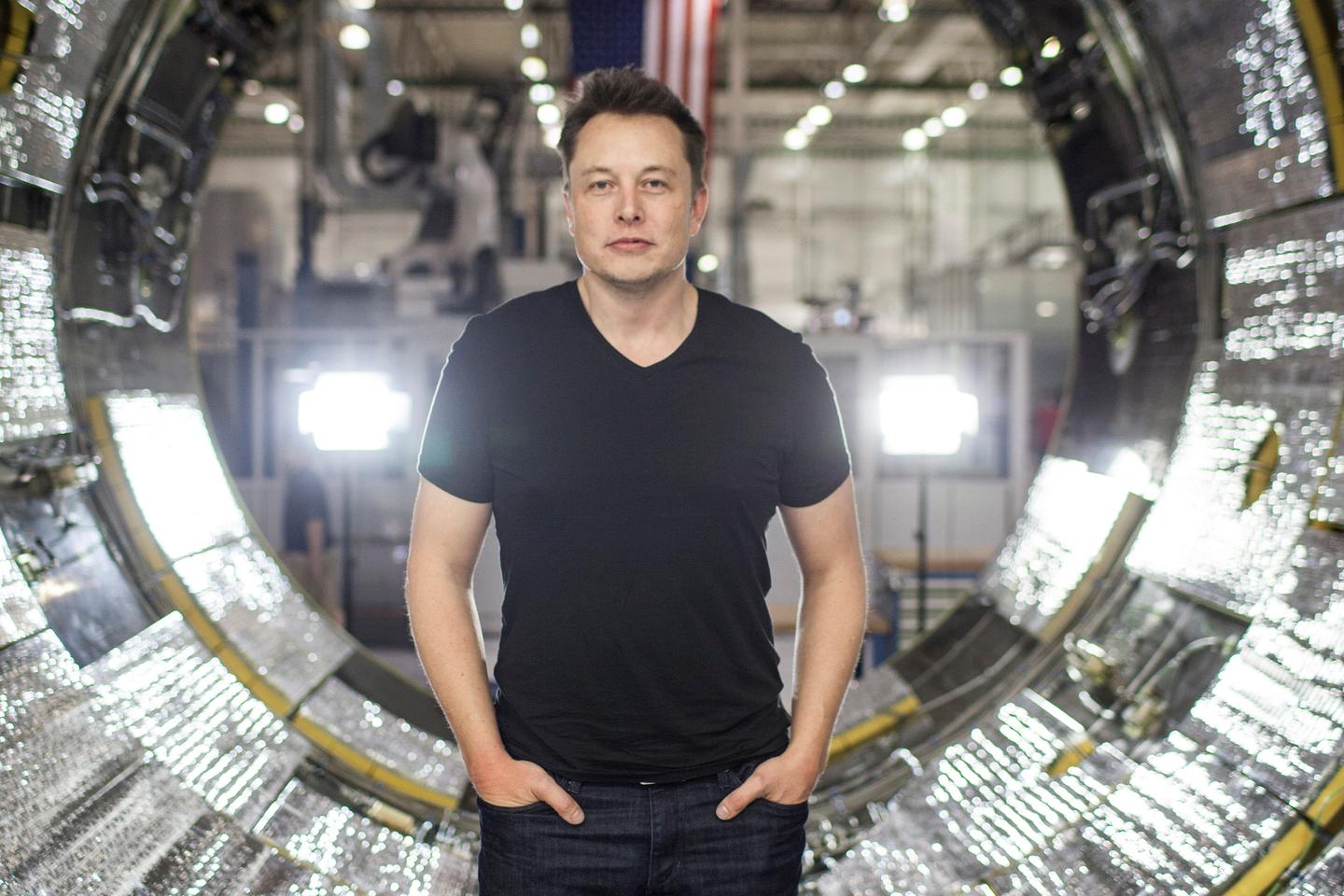Peter Thiel’s Quest for Immortality
In the immediate hours following Peter Thiel’s death, a specialized team will be tasked with freezing his body and brain in liquid nitrogen. His remains will be preserved in this manner, with the hope that future scientific advancements will make it possible to revive him and allow him to live again. The co-founder of PayPal and Palantir is among the first figures in the tech industry to have made arrangements to be cryogenically frozen after his death, through Alcor, a company founded in the San Francisco Bay Area in the early 1970s. Thanks to this new form of life insurance, in the truest sense of the term, nearly 200 cryogenically frozen bodies, Alcor subscribers, are already waiting in a large building located in Arizona, a region less prone to earthquakes than Silicon Valley.
“I stand against the ideology of the inevitability of death for every individual,” Peter Thiel explained in “The Education of a Libertarian,” a text where he outlined his political philosophy in 2009. As if it were possible to decide that dying is for other people. Some years later, he also explained that he was taking growth hormone pills in the hope of living to 120 years old. He even considered using parabiosis, a regeneration technique based on the transfer of blood from young people.
Attempting to postpone death and achieve immortality is one of his constant battles. Founders Fund, his venture capital firm launched in 2005, invested early in Halcyon Molecular, a process aimed at combating aging through genomic sequencing. The start-up went bankrupt in 2012, but Peter Thiel was not discouraged. He has also funded the Methuselah and SENS Research foundations, led by the controversial scientist Aubrey de Grey, who promises to “radically delay aging in order to achieve infinite lifespans.”
Enjoyed this post by Thibault Helle? Subscribe for more insights and updates straight from the source.


